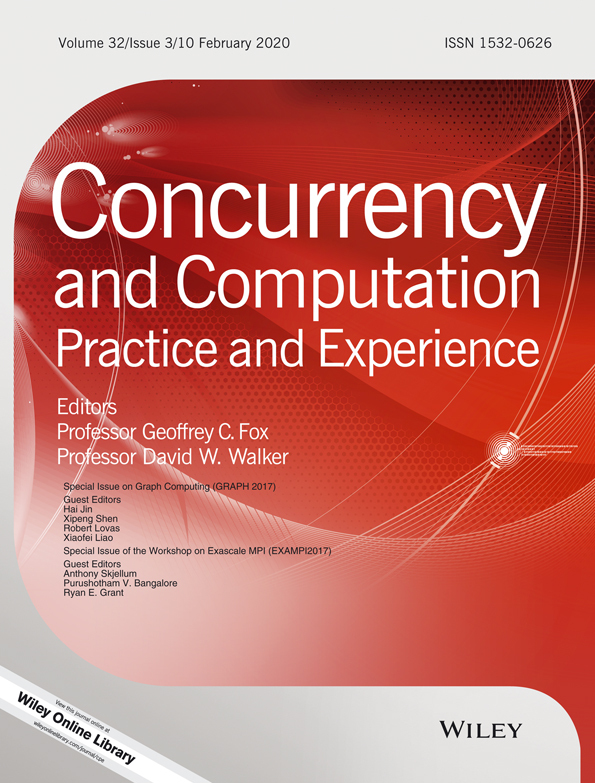Sparse random compressive sensing based data aggregation in wireless sensor networks
Summary
In wireless sensor networks (WSNs), the volume of data is increasing at an unpredictable rate, which inevitably leads to high spatial-temporal correlation. To eliminate data redundancy, some researchers have proposed many data aggregation methods. However, a few of aggregation approaches can handle energy consumption and latency simultaneously. Therefore, in this paper, we propose an efficient algorithm, called Delay-Minimum Energy-Balanced (DMEB) data aggregation, which benefits from the superiority of the sparse random measurement matrix and minimum delay algorithm. Owing to the sparsity characteristics of the measurement matrix, only the nodes whose corresponding elements in the matrix are non-zero take part in the measurement. Each measurement can form an aggregation tree with minimum delay. After a sink node receives all the measurements, original readings can be recovered precisely. In addition, we adopt a novel scheduling method to avoid information interference. Experiment results demonstrate that, under recovering the original data accurately, the proposed data aggregation algorithm can not only shorten delay in data collection process but also reduce communication cost and prolong network lifetime during data transmission process.




